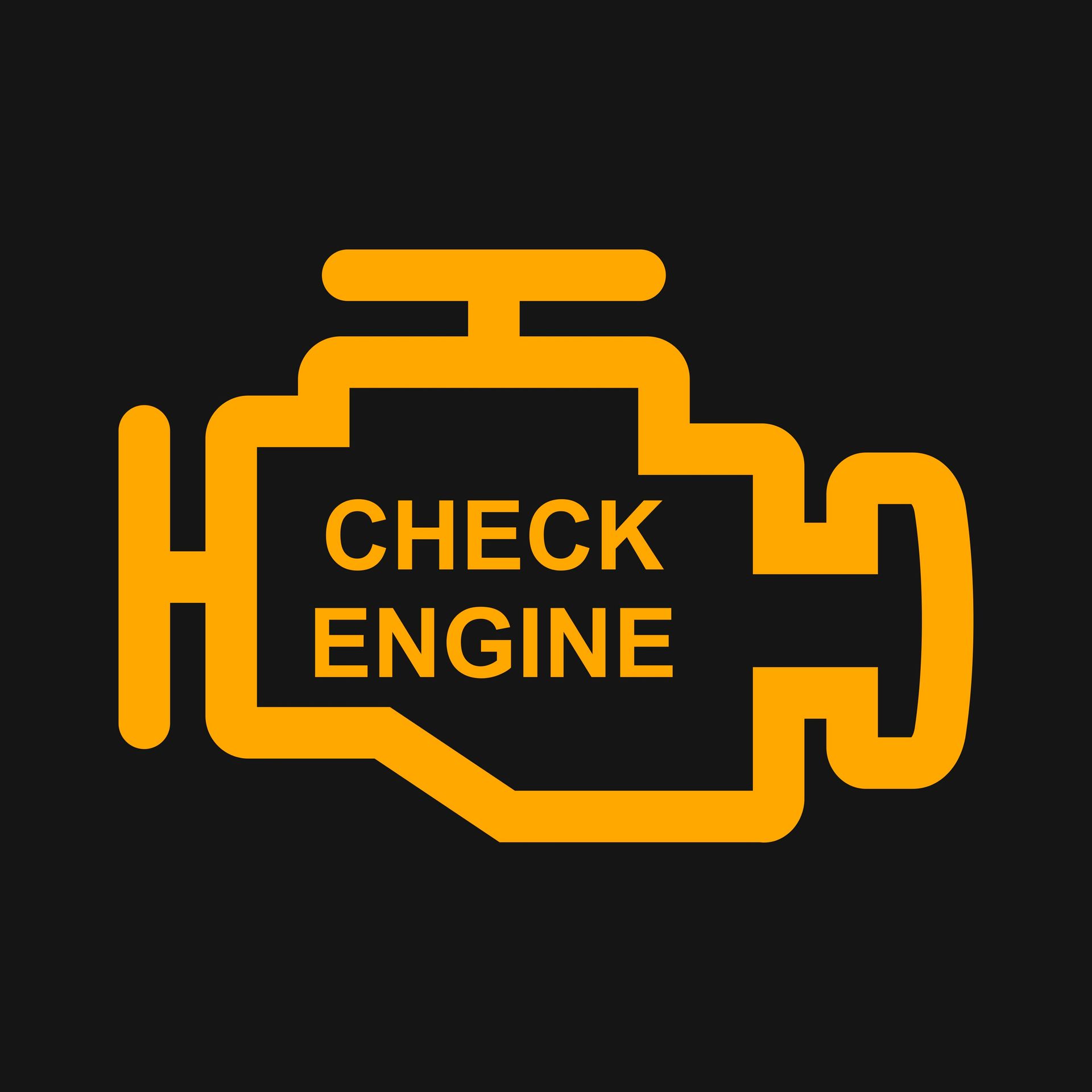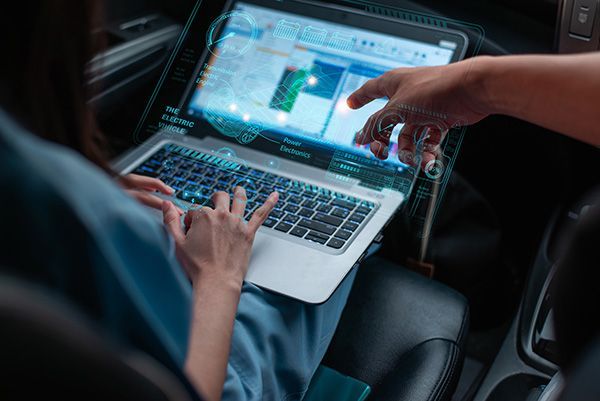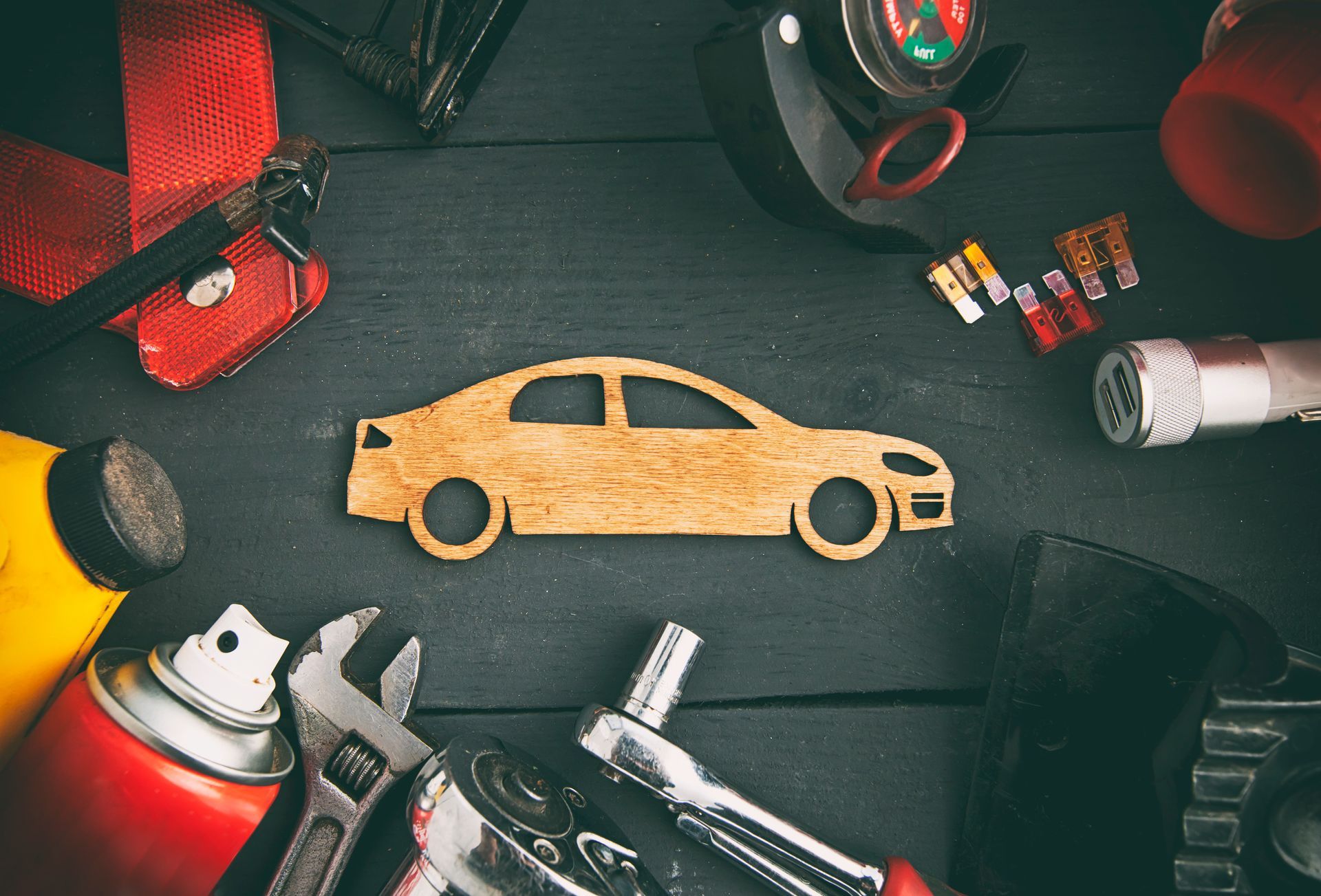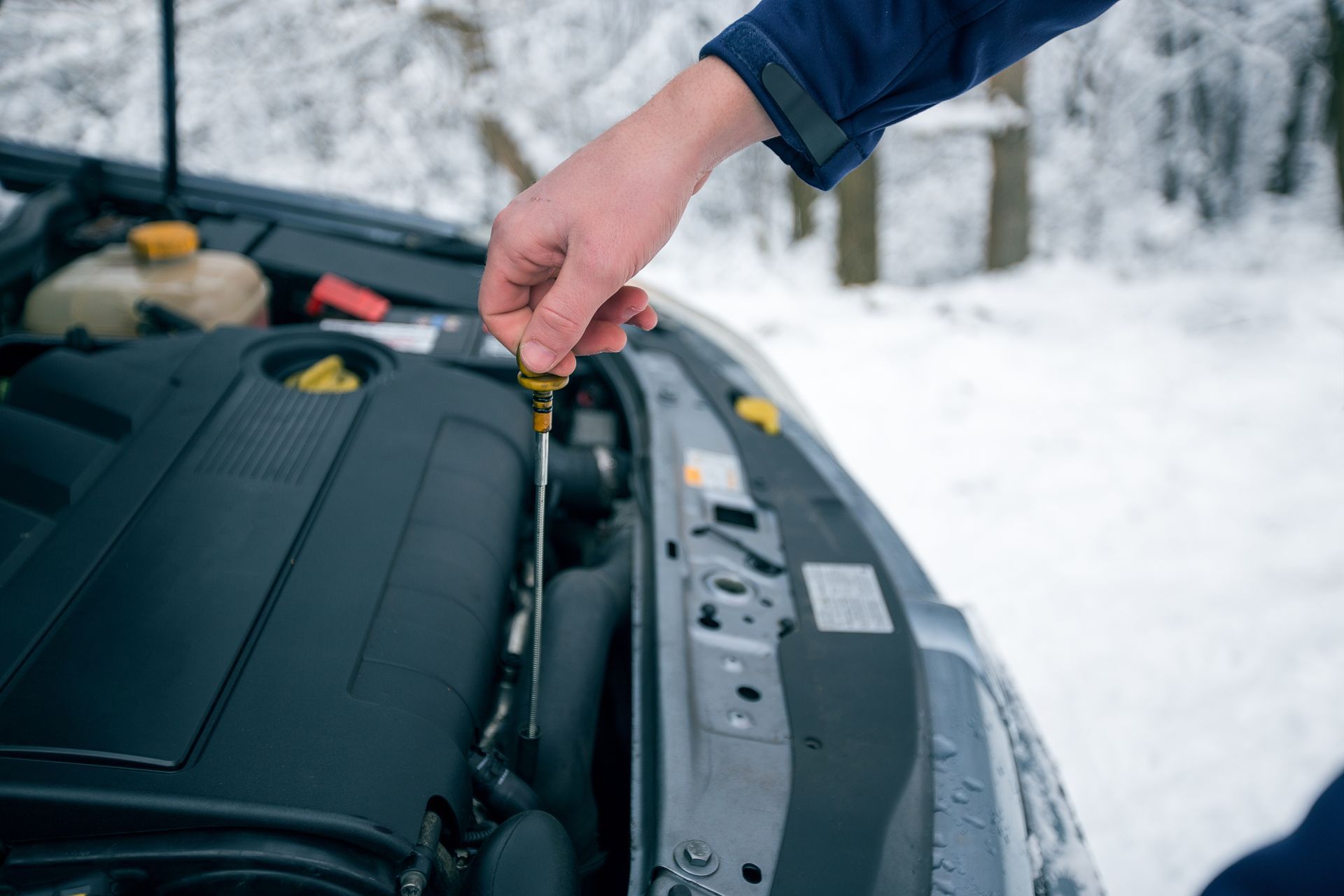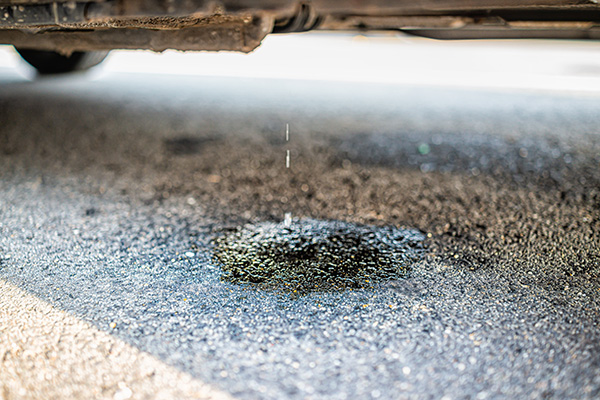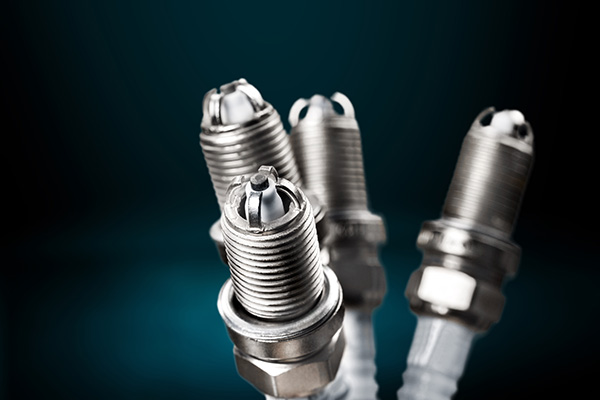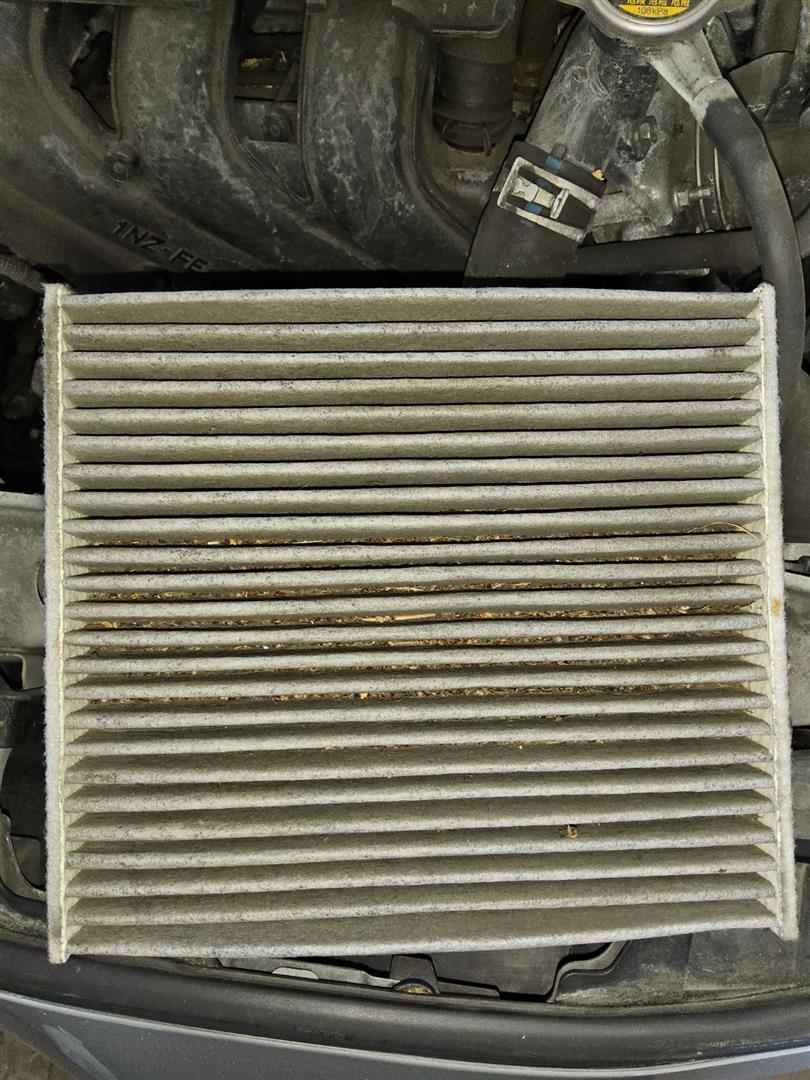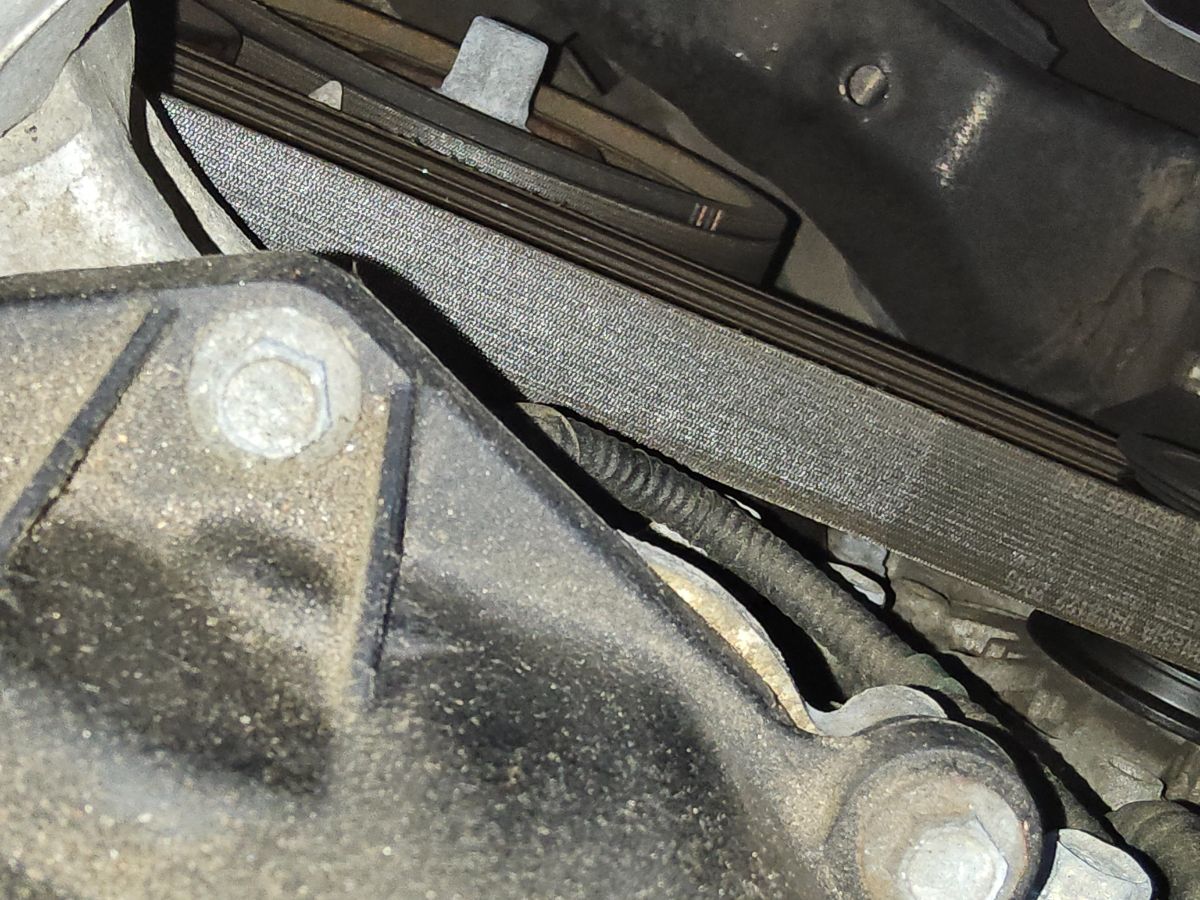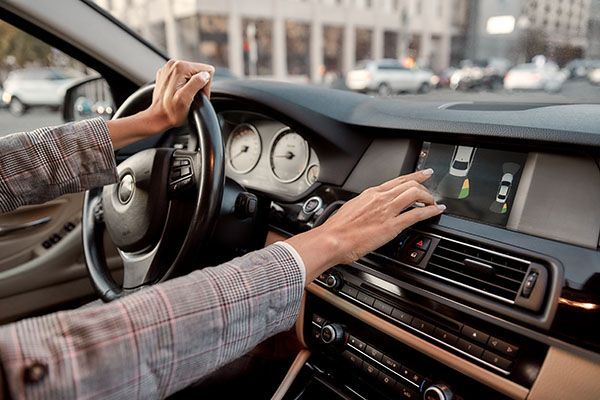
Your vehicle is a marvel of engineering, and beneath its sleek exterior lies a network of sensors that silently work to keep everything running smoothly. Get ready to uncover their function and the ways they can be kept working for as long as possible.
1. The Oxygen Sensor (O2 Sensor)
The oxygen sensor, often referred to as the O2 sensor, is your vehicle's environmental conscience. It monitors the amount of oxygen in your exhaust gasses and helps the engine control unit (ECU) adjust the air-fuel mixture for optimal combustion. In simple terms, it ensures your engine is running efficiently and not producing excessive emissions.
How to Maintain It:
- Make sure that wires are correctly connected and working.
- Avoid using leaded gasoline, as it can damage the O2 sensor.
- Keep your engine well-tuned to prevent running too rich or too lean, which can affect the sensor's performance.
- Replace the O2 sensor if you notice a decrease in fuel efficiency or increased emissions.
2. The Mass Airflow Sensor (MAF Sensor):
The MAF sensor is like your vehicle's lung. It measures the amount and density of air entering the engine, helping the ECU calculate the correct amount of fuel needed for combustion. This sensor ensures your engine runs efficiently and provides optimal power.
How to Maintain It:
- Inspect and clean the MAF sensor at regular intervals, following the manufacturer's guidelines.
- Use an MAF sensor cleaner to remove dirt and debris.
- Avoid using oil-based air filters, as they can leave residue on the sensor.
3. The Coolant Temperature Sensor:
The coolant temperature sensor, as the name suggests, monitors the temperature of your engine's coolant. It sends this information to the ECU, which adjusts the fuel mixture and ignition timing accordingly. This sensor ensures your engine operates at the ideal temperature for performance and emissions.
How to Maintain It:
- Check for coolant leaks and repair them promptly to prevent sensor damage.
- Ensure your coolant is at the correct level and mixed properly.
- Replace the sensor if you experience overheating or erratic temperature readings.
- Watch out for electrolysis - it can harm not only the sensor but also the whole cooling system in general.
Dave's Automotive is here for all of your vehicle-related issues - contact us, and we will get you scheduled for a visit in no time!


